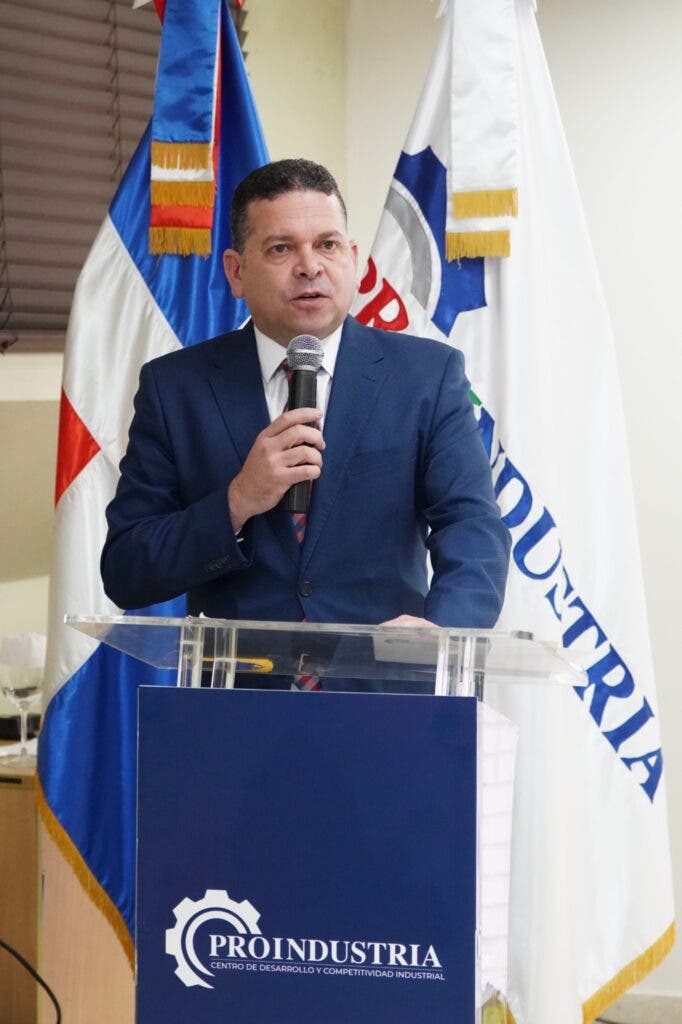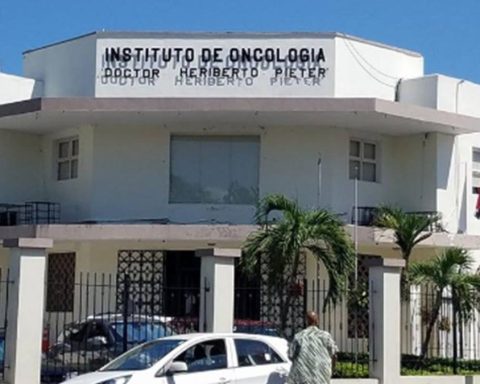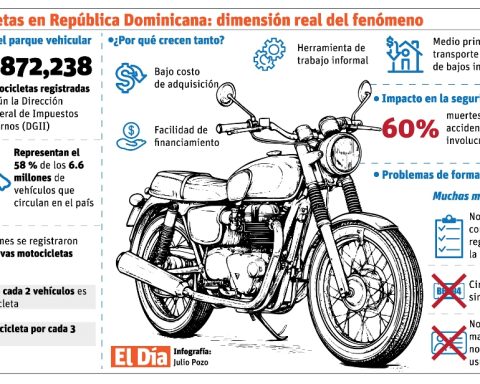The Center for Industrial Development and Competitiveness (Proindustria) has played a fundamental role in the advancement of the manufacturing industrial sector in the Dominican Republic.
Through the implementation and promotion of Law 242-20, a modification of the original 392-07, which encourages machinery importing industries, the institution has facilitated the growth and modernization of the sector, promoting greater competitiveness in local and international markets.
Since its creation, this legislation has allowed industries to acquire essential machinery and equipment to optimize their production processes, with a considerable reduction in tax costs.
The exemption of the 50% of the ITBIS in the import of machinery has significantly alleviated the financial burden on companies, thus encouraging industrial growth and promoting competitiveness.
This mechanism has not only benefited companies seeking to modernize their infrastructure, but has also had a positive impact on the country’s economic development.
By allowing companies to import high-tech equipment, efficiency and productivity are promoted, which translates into an increase in production capacity, better quality in products and greater supply in the local and international market. As a result, the Dominican Republic has managed to position itself as an attractive destination for foreign investment.
The attractiveness of this legislation for investments lies in the fact that it allows local and foreign industries to access tax breaks that place them in an advantageous position compared to other markets. Companies, by having incentives that allow them to reduce costs in the acquisition of equipment and technology, see the Dominican Republic as a favorable place to establish or expand industrial operations. This creates a favorable environment for investment, both local and foreign capital.
A crucial point is the positive impact that this law has on job creation. By promoting the modernization and expansion of industries, new job opportunities are created in the country.
Every company that optimizes its production needs trained personnel to operate the machinery and manage the new processes. Thus, this law not only contributes to the economic development of the country, but also to the improvement of the living conditions of thousands of Dominicans.
Accelerated depreciation, another of the benefits established by lawallows companies to report higher deductible expenses, which generates a decrease in their tax obligations.
This tax relief not only encourages reinvestment in new technologies and machinery, but also allows companies to maintain financial liquidity that can be allocated to other areas of growth, such as hiring more employees or expanding their facilities.
In addition to the direct benefits, the law also encourages innovation and knowledge transfer. Companies that invest in cutting-edge technology not only modernize their operations, but also create a multiplier effect by training their employees in the use of new tools and processes. This raises the level of competence of the Dominican workforce, positioning the country as a benchmark in key industrial sectors.
The simplified import process for companies qualified by PROINDUSTRIA has been another key element in the success of this law. The reduction of bureaucratic procedures and the streamlining of the capital goods acquisition process allow companies to concentrate on their growth and development, without facing administrative obstacles. This facilitating environment is crucial to attract and retain investments in the country.
The reinvestment of profits, contemplated by the law, offers companies the possibility of deducting up to 50% of the profits obtained in the previous fiscal year, provided that these are used to acquire machinery and technology. This incentive encourages companies to continue investing in innovation and continuous improvement, which in the long term translates into a more competitive and robust industrial sector.
Ultimately, the validity of this law is essential to continue promoting the country’s industrial development. Without these incentives, many companies would be limited in their capacity for growth and modernization, which would affect not only the industry itself, but also the national economy as a whole.
This is why maintaining and strengthening this legislation is a priority, both for the government headed by President Luis Abinader as for the institution led by Rafael Cruz Rodríguez, in order to ensure a prosperous future for the Dominican Republic.
The combination of tax incentives, administrative facilities and support for innovation has proven to be a successful model for the country’s industrial growth. Keeping this law in force not only ensures the continuity of these benefits, but also positions the Dominican Republic as a regional leader in promoting industry and attracting investment.
You can read: Senate approves trust agreement between FDI and BR

















